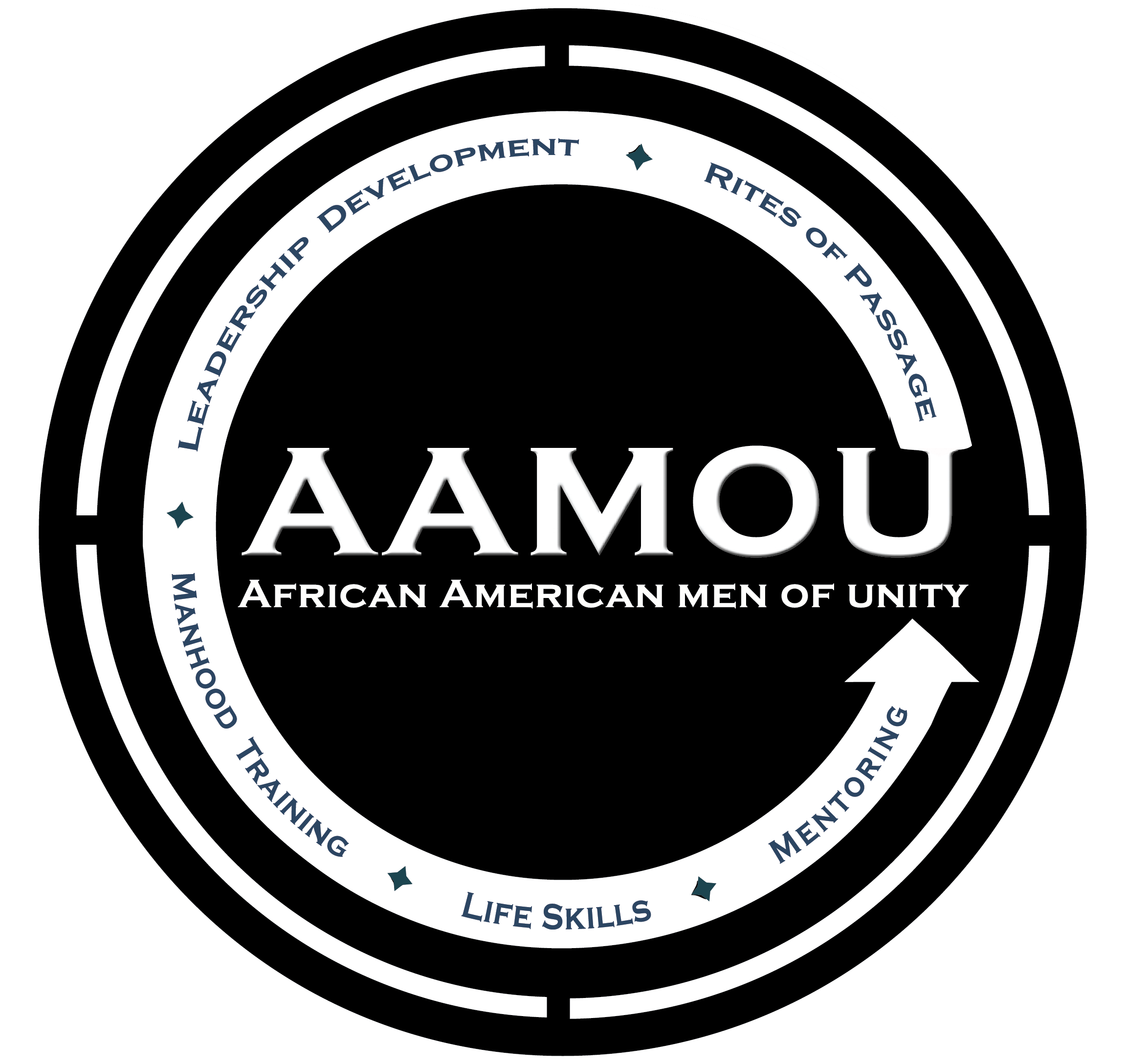Rites Of Passage (ROP)
Youth ages 7-18 receive guidance, structure and positive examples of leadership, manhood and appropriate behaviors in a group setting. A curriculum is used to teach life changing concepts for strengthening confidence and better decision making. ROP programs can be customized for 6 weeks, 8wks and 10wks. AAMOU uses a holistic approach to develop the social, emotional and mental health and well being of participants. Statistics show that 1 out of 3 at risk youth will enter the judicial system, be on probation, parole or electronic home monitoring. Behavior Intervention Specialists will work with youth to develop an individual success plan to reach their academic, social and personal goals.
Job Readiness Program
Preparing youth ages 14-25 for jobs in retail, customer service, and manufacturing industries. Labor market data shows that youth ages 16-19 has the highest unemployment rate at 36%. Youth participants will earn a stipend while learning employability skills, work ethics, and meaningful work-based experience. Youth will learn about the trades and have opportunities for paid internships. Once 8 weeks of training is completed, youth will have acquired skills that increase their chances of getting a job, keeping a job and being promoted.
Skills & Drills Basketball
Individuals ages 7-15 will have the opportunity to develop, practice, and master basketball drills, sportsmanship, and teamwork. According to statistics, students who participate in sports have higher attendance, grades and graduation rates than those who do not play sports. Activities take place during the summer and winter months to keep youth safe, productive and off the streets. Skills and Drills concepts prepare youth to compete in the classroom at the same level as the sports activities.
Mentoring (In-school & Afterschool)
Trained staff and volunteers become the positive role models and father figures for at risk youth, struggling with identity, confidence and sense of belonging. 75% of at risk youth are raised in single parent households with limited or no access to their biological father. Mentors stand in the gaps and provide guidance from childhood to graduation. AAMOU’s mentoring program runs simultaneous with the school year to offer support, homework help and encouragement to improve social skills and academic performance.
E-Learning Support Program (ESP)
The first day of school looks very different for students, teachers and families alike. Classes will be done remotely outside the normal school setting which poses new challenges for everyone involved. E-Learning Support will provide youth and parents access to technical assistance, counseling, and online help, so students enrolled in digital classes can be fully engaged in education and not get left behind or fall through the cracks.
Fire Intervention Program
Fire program provides interventions to get students with low academic performance focused, inspired and ready to be engaged in the education process. For over a decade FIRE has provided academic, delinquency and drug intervention, and career counseling to get middle and high school students thinking, planning for their future and setting vocational and career goals. FIRE’s innovative behavior intervention program takes students who have been suspended, arrested, defiant and totally disconnected from the education process and provides intentional mentoring, job and career counseling and education in life skills. Program helps to raise awareness, help improve support for graduation and increase access to resources. The skills learned at FIRE can transform lives and help at risk area students become self-sufficient, find careers, continue education, and make a living wage.
Justifiable Need for Services
One out of every three children in America – over 24 million in total – lives in a home without their biological father present. (U.S. Census Bureau 2010) (America’s Families and Living Arrangements: 2011). And data shows that low-income men from communities of color are significantly more likely to be nonresident fathers than resident fathers. Stykes, Bart (2012). Who are these so-called Nonresident Fathers? Roughly one out of every three Hispanic children and more than half of African-American children grow up in homes without their fathers present. For youth that we serve, we become the positive role model and mentor to disadvantaged children but they see us as the father figure. Each year we stand in the gaps and take on the role of surrogate father to nearly 500 youth participants each year. To help families in need, we’ve purchased food, clothing, coats, school supplies and even helped with shelter.
Young Entrepreneur Summer Camp
This summer camp is designed to inspire and equip young entrepreneurs with essential leadership skills in business development, innovation, branding, marketing, financing, and sustainability. Over six weeks participants will engage in a variety of workshops, activities, brand development and industry related projects. We will also have guest speakers with lived experience in successful business development.
Learn more here.
